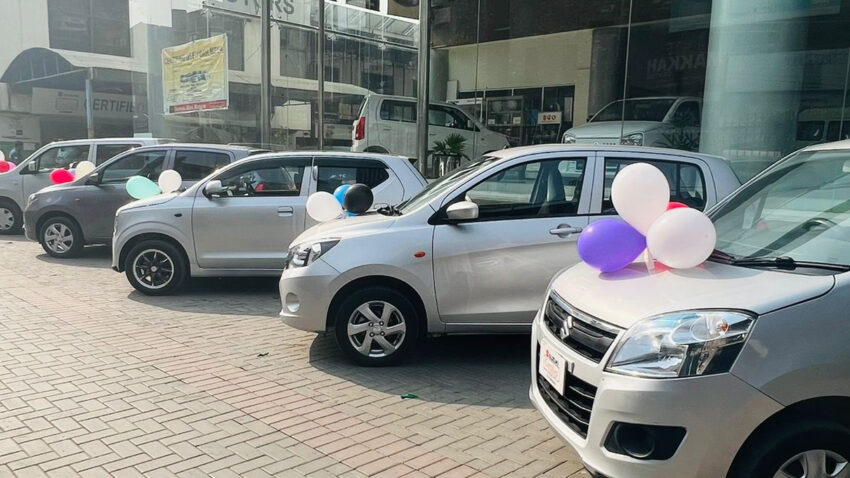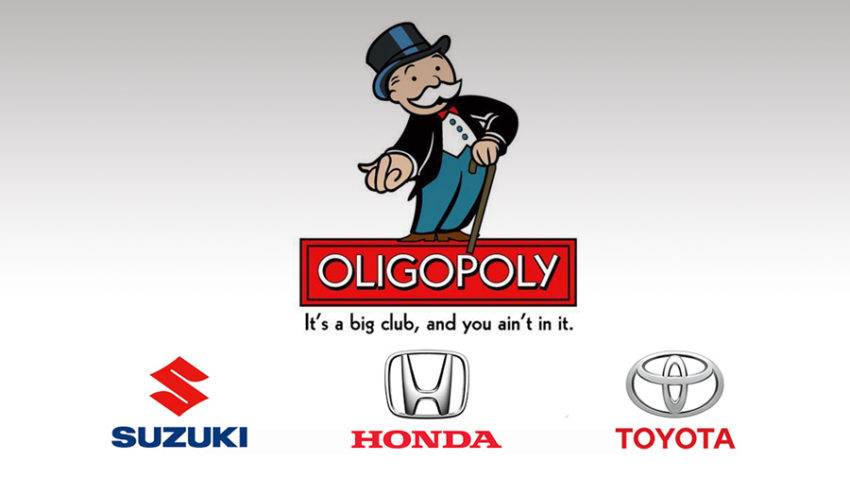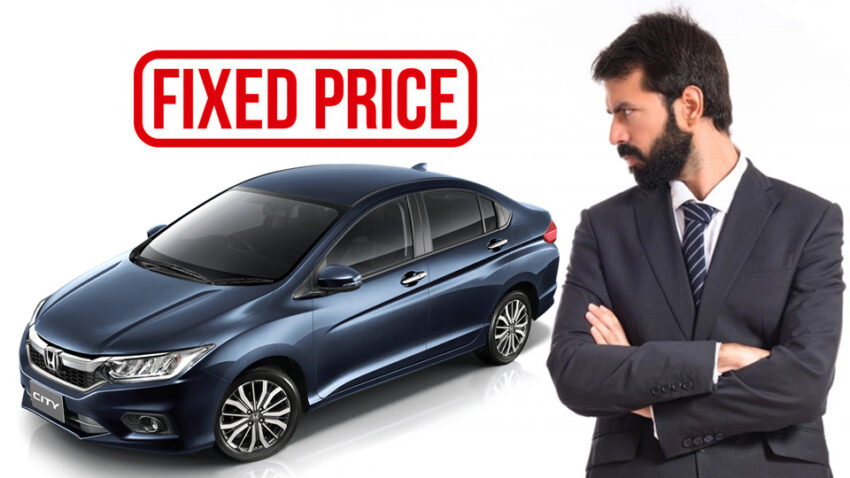Pakistan Automotive Manufacturers Association (PAMA) has called out the government for demanding to rationalize car prices and said the country had a free market, and it was the market that decided prices, not the state. This comes on the back of government’s instructions to initiate a forensic audit of new car prices in Pakistan.
Related: PAMA Says Government Cannot Fix Car Prices
According to Director General of PAMA, Abdul Waheed Khan:
“The auto industry is linked to the international market. The raw material and parts’ cost are very different and the government cannot fix car prices.”
Abdul Waheed Khan added that Pakistan has a ‘free market’ and there was a market mechanism. Pakistan does not have a centrally planned economy like a communist state and therefore the government could not fix car prices. While one may partially agree to this narrative, the question arises whether Pakistan really has a free market as labeled by PAMA?

In a free market, prices are determined by demand and supply dynamics. However its not the case with the auto industry of Pakistan. In a truly free market, the government will eliminate all duties and tariffs on imported vehicles which would generate competition in the market. Imported CBUs have heavy-duty levies on them which protects and safeguards domestic players from any significant competition.
Related: Why JDM Cars Are Considered a Threat to Local Assembled Ones
Even the restrictions on used-car imports have always benefited PAMA players. Their absence from the game has always resulted in more frequent price hikes. Presence of used JDMs have kept prices of new cars in check and has provided much needed variety in small & budget car segment, which is otherwise wholly ruled by Pak Suzuki. In a ‘free market’ customers have the liberty to opt whatever suits them in their budget, instead of being confined into purchasing whatever is offered by only 1 player.

The competition barely exist in the auto market which rather renders a classic example of oligopoly. And with limited options, super-long deliveries, premium/ on-money and obsolete & under-equipped cars with a compromise on materials & built quality is on the menu of the so called ‘free market’ of ours. Why should customers wait for several months if its a ‘free market’ and why not simply buy an imported car with immediate delivery having better specs & safety features, superior built quality, a vehicle model parallel to the rest of the world, and most importantly without the need to pay premium/ on-money to the ‘authorized dealerships’.
Related: 90% of Cars in Pakistan are Sold at Premium/ Own/ On Money- Research
According to PAMA, 70% to up to 80% of an average local passenger car is made up of some grade of imported steel. Therefore, car prices were directly linked to steel prices as well. This again raises questions on the 70% localization, assemblers often boasts to have achieved in local assembled cars. In order to solve this mystery, having something in the sorts of Monroney label is perhaps the need of the day.

Government has already shown its intent into fixing prices under the the Price Control and Prevention of Profiteering and Hoarding Act, 1977. Local auto industry has enjoyed government protection for decades, often at the cost of consumers. An investigation was sure needed especially on evaluating the pricing mechanism & whether the impact of fluctuating input costs is rightly transferred to the consumers in shape of the final product. However, with PKR rapidly depreciating against the US Dollar in open market, it won’t be an easily achievable task for the government to fix the prices of local assembled cars.
Related: Economic Advisory Group Says Auto Policy is Damaging for Consumers
Perhaps, it is high time for the government to completely liberalize the automotive market. If assemblers need to import everything from abroad, and pass on the 2x impact on the auto consumers, why not simply allow the import of CBUs for the masses thus redefining the ‘free market’ in true means. Want to share your thoughts on this, use the comment section below.

A computer animation professional with over 23 years of industry experience having served in leading organizations, TV channels & production facilities in Pakistan. An avid car enthusiast and petrolhead with an affection to deliver quality content to help shape opinions. Formerly written for PakWheels as well as major publications including Dawn. Founder of CarSpiritPK.com




